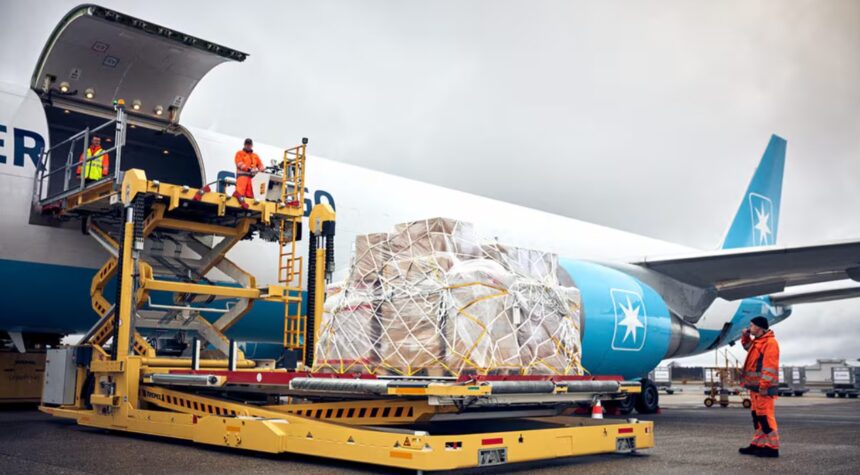Amid growing trade tensions, the International Air Transport Association (IATA) has reinforced its position that trade drives prosperity, and that any measures undermining the free flow of goods ultimately hurt businesses, consumers and economies.
“Current trade tensions are deeply concerning. Trade drives prosperity. The more the world trades, the better off we all are. So, whatever the resolution of current trade tensions is, we know that air cargo will be there to deliver the goods people need and want,” said Brendan Sullivan, IATA’s global head of cargo.
IATA has highlighted the vital role of air cargo in maintaining global supply chain resilience, and called on governments and industry to remain focused on delivering the fundamental expectations of customers in terms of safety and security, digitalisation and sustainability.
“Whether supporting global trade, enabling e-commerce or delivering vital humanitarian aid, the value of air cargo has never been clearer. To meet customer expectations and navigate an increasingly complex environment, the air cargo industry must continuously strengthen safety and security, fast-track digitalisation, and deliver on its sustainability commitments,” said Sullivan at the opening of the 18th World Cargo Symposium (WCS) in Dubai, United Arab Emirates.
Safety is the top priority for air transport – and in the case of air cargo, the specific focus is on the safe transport of lithium batteries.
IATA has called on governments to step up efforts to stop rogue shippers and support the International Civil Aviation Organisation’s (ICAO’s) work to strengthen the Chicago Convention, which is the global framework for the safe transport of dangerous goods by air.
“Shipments of lithium batteries are growing in volume. With that come increased risks associated with undeclared or mis-declared goods. The industry has invested in training, certification and technology. Governments must match that commitment with robust oversight and enforcement,” said Sullivan.
Meanwhile, IATA has reinforced calls to governments for a coordinated, risk-based approach to air cargo security following recent incidents involving incendiary devices concealed in shipments.
While some states implemented new measures, the lack of alignment led to inconsistent outcomes.
This situation reinforces the importance of harmonised responses based on global standards. “Recent security incidents highlight the need for better coordination among governments. Aviation security cannot be built on fragmented or reactionary measures. Global standards and cooperation are essential,” said Sullivan.


